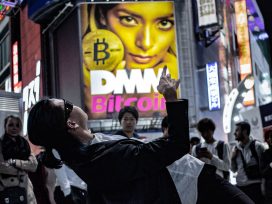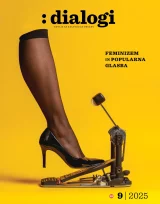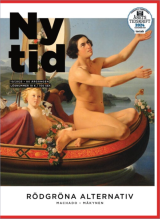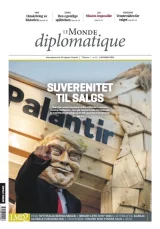Truls Lie
Editor-in-chief of Modern Times Review (Norway). Also head of the Norwegian monthly newspaper Ny Tid. Based in Oslo/Barcelona.
Articles
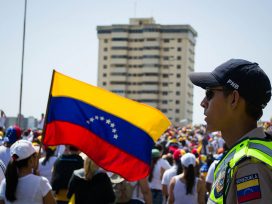
Thor Halvorssen, founder of the Oslo Freedom Forum, has been described in the Norwegian media as a ‘suspect liberalist’. In a wide-ranging interview, Truls Lie, editor-in-chief of Eurozine network partner journal Ny Tid and Modern Times Review, asked him about dictatorships, his native Venezuela, anarchism and meritocracy.
What role should Norway play on the world stage? Le Monde diplomatique (Oslo) met the Norwegian foreign minister at the beginning of the new year to discuss his vision for Norway’s foreign policy. “I want to seize the opportunities where Norway can really make a difference,” says Gahr Støre. He emphasises that he has no desire to politicise Norway’s position as an “energy nation”, but points out that parts of Norway’s foreign policy are nonetheless based on “taking care of traditional interests” and that the interests of Norwegian industry provide opportunities to influence authoritarian regimes. He stresses that Norway cannot use its oil wealth to create a better world, but that the international political development and the climate changes pose major dilemmas. “The international economic system needs to be changed,” says Støre.
The French philosopher Jean Baudrillard (1929-2007) gave us the tools to understand the media society and counteract the total assimilation into capitalist overproduction. Truls Lie finds a previously unpublished interview he made when Baudrillard visited Oslo in 2000. “Disappearing”, says Baudrillard, “should be an art form, a seductive way of leaving the world. I believe that part of disappearing is to disappear before you die, to disappear before you have run dry, while you still have something to say…”
2006 is the centenary year of the philosopher Hannah Arendt. Her relevance has never been greater. Arendt radically questions whether “politics” is still in the least bit significant. If opinions cannot be freely expressed, the political space disintegrates – a propensity we have witnessed in recent times. At the same time, being political involves seeing and listening to those who are “disregarded”.
